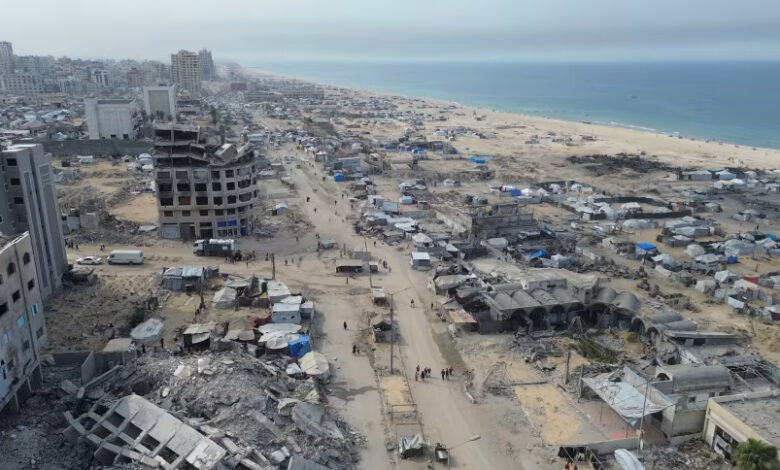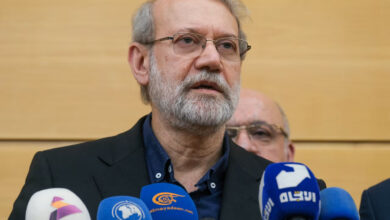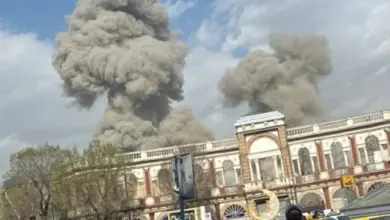
The unofficial US mediator between Washington and Hamas confirmed that the US administration will stress on the topic of Hamas’s disarmament in any future discussions as a key condition for moving forward with the implementation of the ceasefire agreement.
The head of the Arab American Committee for Peace, Bishara Bahbah, explained that Washington considers disarmament a necessary requirement to ensure the completion of the political process and transition to the second phase of the agreement.
Bahbah said that Hamas has recently expressed its willingness to sit at the negotiating table to discuss the disarmament issue, but has differentiated between “complete disarmament” and “heavy weapons without discarding personal weapons.”
Hamas refuses to relinquish its weapons and insists on retaining them, but expresses a willingness to discuss and negotiate what Washington considers “heavy weapons”.
Bahbah explained that the second phase of the agreement should have begun weeks ago, especially after the handover of the deceased hostages, noting that Israel deliberately created obstacles that prevented the agreement from entering its crucial phase: the establishment of civil and security administration in the Gaza Strip.
He indicated that the delay allowed Hamas to reassert its administrative presence and impose taxes in Gaza.
Bahbah confirmed that the original plan discussed within the “Witkoff Project” stipulated that the independent Palestinian committee would assume control of Gaza from the first day of the ceasefire.
He explained that Israel removed this clause from the agreement, thus rendering the second phase meaningless.
He stated that the independent committee for managing Gaza was already prepared, with 15 names already submitted, but said the only name he had heard was Amjad al-Shawa.
Bahbah added that Hamas had no objection to his nomination and had approved it, while the Palestinian Authority had not, although Israel and the US had agreed.
He noted that the lack of the Authority’s approval creates a legal problem, given that the legal authority for the Gaza Strip rests with the Palestinian Authority and the Palestine Liberation Organization.




